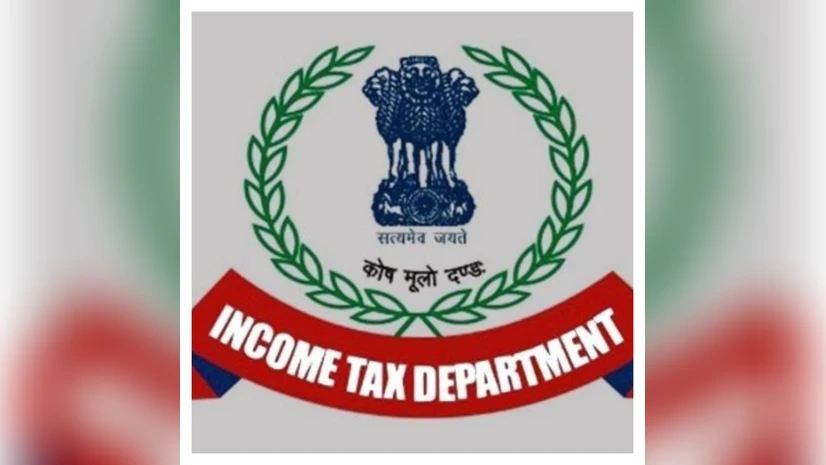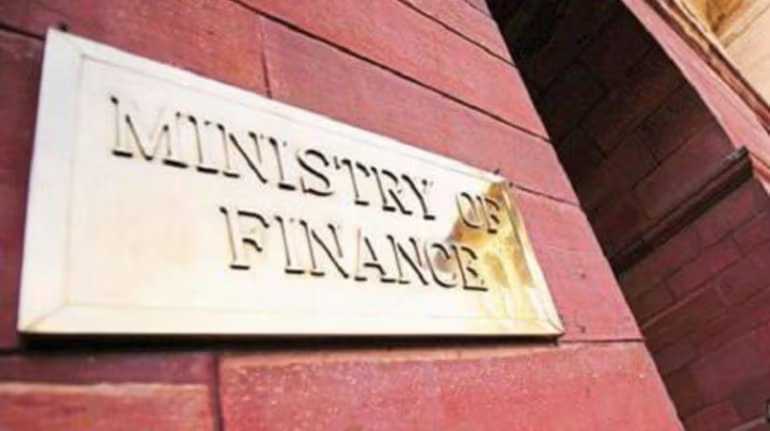Share

The Reserve Bank of India (RBI) has introduced significant changes to the CIBIL score rules that will come into effect in January 2025. These changes aim to bring more transparency, efficiency and control over an individual’s financial standing. The reform package is designed to address the growing demand for faster and more accurate credit scoring, while also offering greater protection to borrowers. With the new rules, financial institutions and borrowers alike will benefit from streamlined processes, faster updates and enhanced clarity, making it a pivotal shift in the Indian credit landscape.
Faster Credit Score Updates:
One of the most notable changes under the new CIBIL guidelines is the transition to bi-weekly credit score updates. Previously, credit reports were updated on a monthly basis, which meant there was often a significant lag between your credit conduct (such as paying off a loan or settling a credit card balance) and its reflection in your CIBIL score. This delay sometimes impacted an individual’s ability to get loans or credit lines promptly. Under the new system, CIBIL scores will be updated every 15 days, allowing borrowers to see the effects of their actions on their credit scores more rapidly. For instance, if a borrower pays off a significant chunk of their credit card balance, the improvement in their credit score could be reflected within two weeks. This will not only give consumers more real-time control over their creditworthiness but will also expedite the loan approval process. For lenders, this means they will have access to more up-to-date and accurate information, helping them make faster and more informed decisions regarding credit applications.
Enhanced Transparency in Loan Rejection:
Another key reform brought about by the new rules is the mandatory disclosure of the reasons behind a loan rejection based on the applicant’s CIBIL score. In the past, many borrowers faced rejection of their loan applications without a clear understanding of why they were turned down. This lack of clarity often led to frustration and confusion among borrowers, who were left in the dark about what specifically affected their creditworthiness. The new rule mandates that lenders provide detailed information to the applicant regarding their CIBIL score and its impact on the loan application. If the rejection is based on a low or inaccurate score, borrowers will now be made aware of this directly. This transparency aims to foster trust between financial institutions and their customers and provides borrowers with a clear understanding of how their credit score is impacting their financial opportunities. Additionally, the reforms place greater importance on correcting inaccuracies in the credit report. Under the current system, borrowers often had to go through a lengthy process to dispute and correct errors in their credit reports. With the new rules, any discrepancies in the credit report can be addressed more efficiently, leading to fairer and more accurate assessments of borrowers’ financial standing.
Free Annual Credit Report:
To further empower borrowers, the new regulations also guarantee that individuals can access their CIBIL credit report for free once a year. This annual credit report will give people the opportunity to closely monitor their credit history and detect any potential errors or signs of identity theft before they escalate. By offering free access, the RBI is encouraging proactive financial management and giving borrowers the tools they need to protect and improve their credit profiles. Accessing the report is straightforward, as it can be obtained directly from the CIBIL website without incurring any additional charges. This provision allows consumers to be more informed about their credit history and make corrections as needed, reducing the risk of surprises when applying for loans in the future.
Swift Error Correction Process:
Mistakes in credit reports are not uncommon and under the old system, resolving such issues could take weeks, even months. This lag often affected borrowers’ ability to secure timely loans or credit. However, the new rules introduced in 2025 streamline the error correction process by allowing a 30-day window to dispute inaccuracies. Lenders are required to act swiftly, with penalties imposed on credit bureaus for any unresolved complaints beyond 100 days. This new error correction protocol promises faster resolution times, ensuring that a borrower’s credit report reflects the most up-to-date and accurate information. It also provides an added layer of security, as errors are less likely to cause long-term damage to an individual’s creditworthiness. With a quicker, more transparent dispute process, borrowers can enjoy a fairer credit evaluation, making it easier to correct mistakes and maintain a strong credit profile.
Real-Time Credit Monitoring Alerts:
Another welcome addition to the CIBIL score system is the real-time monitoring of credit report access. Starting in 2025, any time a lender checks a borrower’s credit report, they will be required to send an SMS or email notification to the borrower. This is an important security feature that ensures borrowers are aware of any third-party access to their financial data. It reduces the risk of unauthorized credit checks or identity theft, providing an added layer of protection for consumers. This real-time notification system also fosters greater trust between borrowers and lenders. It ensures that the borrower is kept in the loop at every step of the process, making them more informed and empowered when managing their financial information.
Impact on Borrowers:
The new provisions under the CIBIL score rules are expected to have a significant positive impact on borrowers. The increased frequency of updates, enhanced transparency and easier access to credit reports will make it easier for borrowers to monitor their financial health and take steps to improve their creditworthiness. Furthermore, first-time borrowers with less than six months of credit history will now be able to receive a credit score, thus expanding access to credit for individuals who were previously excluded from the system. However, these updates may also bring temporary fluctuations in credit scores due to the increased frequency of updates. Borrowers must be aware that minor changes to their credit profile are likely to occur more frequently, which means they should be mindful of their financial habits to maintain a strong credit score. In conclusion, the RBI’s new CIBIL score provisions represent a monumental shift toward a more transparent, efficient and borrower-friendly credit system. These changes provide borrowers with more control over their financial future, faster updates and enhanced security, thus contributing to a more justifiable and accessible credit environment. As we move into 2025, these reforms are set to redefine the way we approach borrowing and credit in India.
Source : https://dggsinstitutes.com/new-cibil-score-rules-2025/









